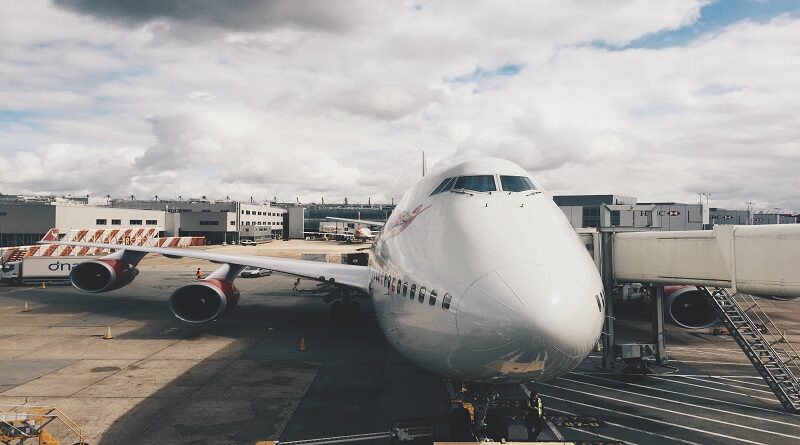Postgraduate courses in Air Transport Operations
Do you think you could work in a role that can be physically demanding? Do you have excellent communications skills, can give clear direction, work well under pressure and have the ability to be a leader? These are just some of the important qualities needed to work as an Air Transport Operative.
There are a number of postgraduate courses available in this area that we have gathered some information about below. Have a look and see if it’s the right fit for you!
What is Air Transport Operations?
Air Transport Operatives refuel, reload and unload aircraft as well as directing the movements of aircrafts at the airport. This role is also responsible for ensuring the safe and effective transport of passengers to and from aircrafts via stairs and mapped out routes.
As an air transport operative you will carry out different tasks from day to day. Tasks may include refueling aircrafts, direct aircrafts on the ground, provide direction, load and unload conveyor belts and transport luggage to terminals, ensure the aircrafts are loaded with luggage, in-flight foods, refreshments and other necessary items and provide direction and put staircases in place for passengers to get on to and get off the plane.
There are a number of postgraduate courses available in this area that we have gathered some information about below. Have a look and see if it’s the right fit for you!
Courses
There are many courses on offer in the area across the UK. Some courses offer the opportunity to study either part time or full time. Universities may have certain restrictions in place due to Covid-19 and may offer courses online. Courses available include:
Sustainable Air Transport Operations and Planning
This postgraduate course is available both part-time and full time. You will build your analytical skills and practical techniques that are needed in this area as well as gaining the relevant skill set in order to facilitate the sustainable growth of air transport within environmental, economic and social contexts. Modules include Airport Planning and Operations, Environmental Noises Assessment, Environmental Impact Assessment, AIrling Operations and Airline Planning and The Future of Urban Air Mobility.
Air Transport Operations and Management Executive
Postgraduate courses in this area will provide you with opportunities to network and work with like-minded professionals and gain skills and knowledge in areas such as digital aviation, sustainable aviation, airport planning and management and aircraft and fleet analysis. Modules include Flight Operations Management, Ground Services Management, Global Aviation Business Strategy and Commercial Analysis and Finance.
There is also another course available under the heading of Aviation Operations and Management.
Entry requirements
Entry requirements may differ from course to course or university to university. Therefore, it is important to research your specific course in detail to ensure you meet the entry requirements. As these courses are postgraduate courses, you will need a bachelor’s degree. Some courses may accept a 2.2 degree while others will require a 2.1 in a relevant area.
Salary
Your salary in this area will be dependent on multiple areas from your employment type, your salary and location. The average salary of those working in as a flight operator will generally earn around £28,700. In other roles such as air traffic controller, you may earn around £36,000. Salaries can change from employer to employer and starting out, your salary may be lower. With time and experience, your salary may increase. All figures are based on estimates and are intended to be used as a guide only.
Related Jobs
- Flight Operations Officer/Manager
- Air Traffic Control
- Cabin Crew
- Airline Pilot
- Aeronautical engineer
- Aviation manager
- Tourism
- Travel Agent
- Hotel manager
- Airport manager
- Aviation finance
Skills and requirements
Skills and requirements helpful in this area include:
- Excellent communication skills
- Critical thinking skills
- Problem solving skills
- Remain calm under pressure
- Organisation skills
- Time management skills
- Attention to detail
- Strong interpersonal skills
- Flexible
- Good colour vision and hearing
- Ability to provide effective instruction
- Ability to write reports
- Excellent leadership and management skills




